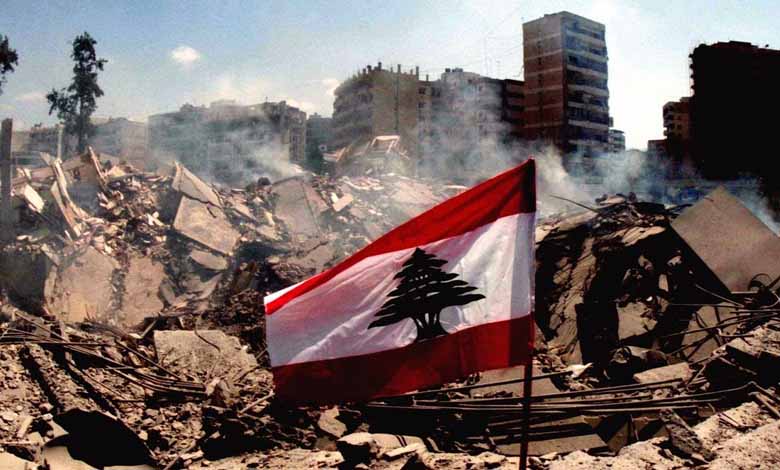After the rejection of the national dialog, Lebanon fears of the worsening political crisis

Lebanon’s chances of reaching a compromise on a successor to former President Michel Aoun, whose term ended on Monday, dimmed after Speaker Nabih Berri canceled an earlier invitation for major political parties to meet and try to reach an agreement on a presidential candidate.
Reject dialog
In a brief statement, the head of parliament’s office said Berri will not be able to call for dialog similar to the opposition expressed by the Lebanese Forces and the Free Patriotic Movement.
The London-based Middle East newspaper reported that the two major Christian blocs that enjoy considerable influence in the parliament rejected Berri’s invitation because their leaders are natural candidates for the presidency. Christian politician and former minister Sajaan Qazzi said, “The time has now come to elect a president and not the time for dialog.”
In view of the refusal of some Christian parties to open a new window for dialog, sources close to Berri confirmed that he respects the choices of the blocs. The same sources said, “Calling for dialog is not a crime, but remains a virtue despite the reluctance of some parties to do so.They stressed that Berri’s call for dialog, which was limited to one item, namely the election of a president, was based on efforts to “reunite the Lebanese.”
Electoral showdown
According to the London-based newspaper, the rejection of dialog by the main parliamentary blocs means that the current political crisis will be complicated with no way to unify the deeply divided Lebanese. Meanwhile, Lebanese sources confirmed that closing the door of consensus will most likely lead to an electoral confrontation in the parliament, indicating that the candidate who gets the highest votes will win if the quorum is reached.












